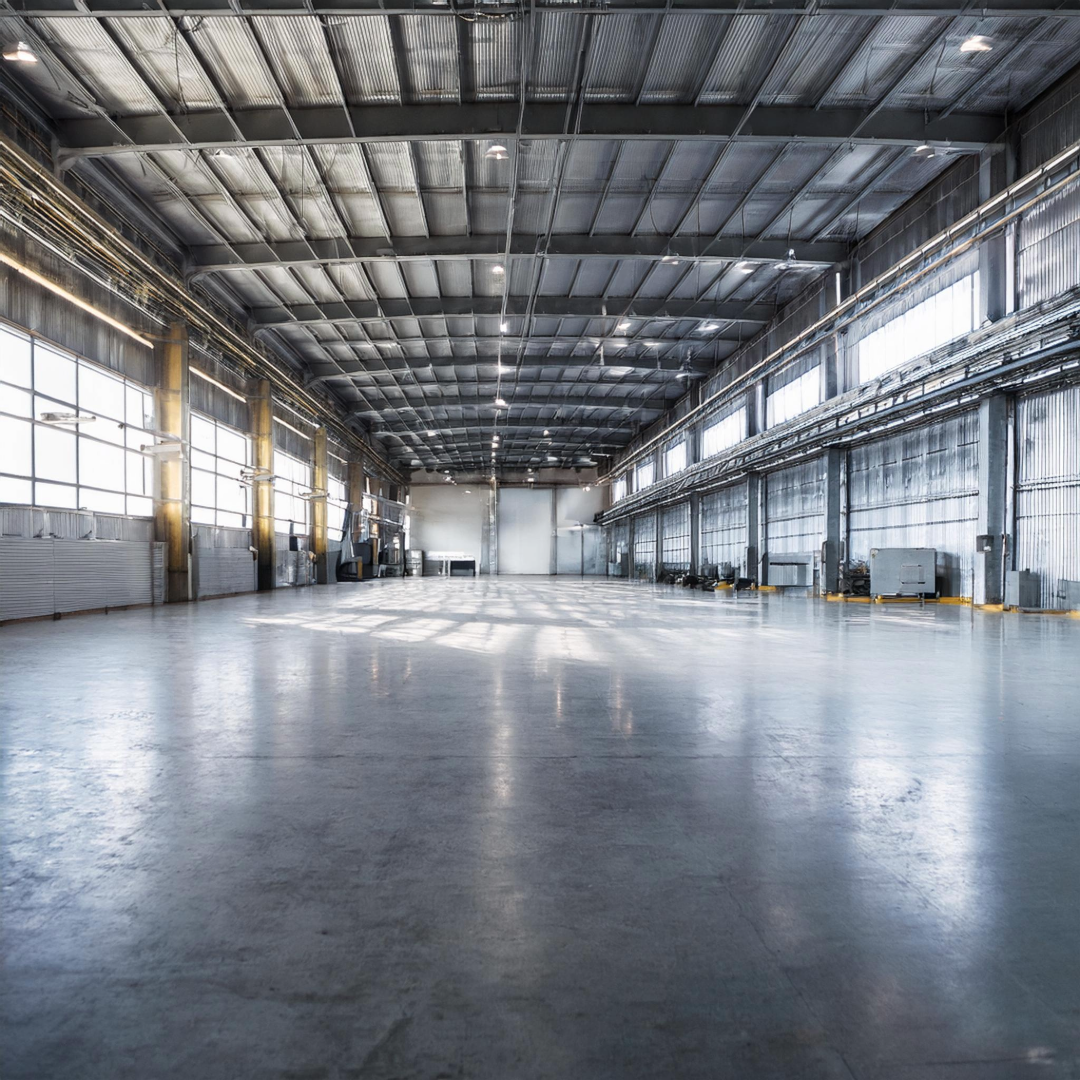
The Advantages of Sealing Concrete Surfaces for Business Owners with Large Concrete Surfaces
Concrete surfaces are a staple in large warehouses and industrial facilities due to their durability and strength. However, to maximize the longevity and performance of these concrete floors, sealing them is crucial. Whether you run a distribution center, manufacturing plant, or storage facility, sealing your concrete surfaces can have significant benefits for your business. This article explores the key advantages of sealing concrete floors and why business owners should consider this essential maintenance step.
1. Enhanced Durability and Longevity
Concrete is naturally strong, but it is still susceptible to damage from heavy traffic, chemical spills, and daily wear and tear. Sealing your concrete floors provides an additional layer of protection that helps withstand these stressors. Sealed concrete is more resistant to abrasion, reducing the risk of cracks, spalling, and surface degradation. This is especially important in warehouses with heavy machinery, forklifts, and constant foot traffic.
By investing in concrete sealing, you extend the life of your flooring, saving on costly repairs or replacements down the line. A sealed concrete floor can last decades longer than an unsealed one, making it a cost-effective choice for business owners looking to protect their assets.
2. Reduced Maintenance Costs
Maintaining large concrete surfaces can be time-consuming and expensive. Unsealed concrete tends to absorb dirt, oil, chemicals, and moisture, making cleaning a challenging and frequent task. Sealed concrete, on the other hand, creates a non-porous surface that repels contaminants, making it much easier to clean and maintain.
A sealed surface prevents stains from penetrating, allowing for quick cleanup of spills. This can be particularly beneficial in warehouses where cleanliness and safety are priorities. By reducing the need for intense cleaning and preventing damage from chemicals and moisture, sealing concrete can significantly lower ongoing maintenance costs.
3. Improved Safety and Reduced Liability
Safety is a top priority in any warehouse environment, and unsealed concrete can pose risks. Dust from unsealed concrete surfaces can become airborne, creating a hazardous work environment. Inhaling concrete dust can lead to respiratory issues, posing health risks to employees and potential liability concerns for business owners.
Sealing concrete floors reduces dusting, contributing to better air quality and a safer work environment. Additionally, some sealers offer anti-slip properties, enhancing floor grip and reducing the risk of slips and falls. This is crucial in warehouses where spills, wet conditions, or debris can create dangerous situations. By sealing your floors, you protect your employees, reduce accidents, and minimize potential liability issues.
4. Protection of Stock and Products from Concrete Dust
One of the often overlooked but significant benefits of sealing concrete surfaces is the protection it offers to your inventory. In large warehouses, concrete dust can settle on stock and products, leading to contamination, damage, and additional cleaning costs. This is especially problematic in facilities storing sensitive goods such as electronics, food items, or pharmaceutical products where dust contamination can compromise product quality.
Concrete dust can accumulate on packaging, machinery, and goods, making them appear dirty and unprofessional. In some cases, dust contamination can lead to returns, complaints, and loss of customer trust. By sealing your floors, you prevent dust formation, ensuring your products remain clean, safe, and presentable, enhancing the overall quality control in your warehouse operations.
5. Resistance to Chemical and Water Damage
Warehouses often deal with various chemicals, oils, and liquids that can damage unsealed concrete surfaces. Over time, these substances can seep into the porous surface, leading to stains, corrosion, and even structural damage. Water can also be a significant issue, particularly in warehouses exposed to outdoor elements or in regions with high humidity.
Sealing concrete creates a protective barrier that resists chemical spills and water penetration. This resistance not only prevents surface staining and damage but also helps avoid costly structural repairs caused by prolonged exposure to moisture. For businesses handling corrosive materials, sealing is an essential step in protecting both the floor and the integrity of the warehouse.
6. Enhanced Appearance and Professionalism
The appearance of your warehouse can have a significant impact on how your business is perceived by clients, suppliers, and employees. A clean, well-maintained floor not only enhances the overall aesthetics of the space but also reflects professionalism and attention to detail.
Sealed concrete has a polished look that is visually appealing, giving your warehouse a more refined and organized appearance. This can be particularly advantageous for businesses that frequently host clients or conduct operations in open spaces where the condition of the floor is visible. A sealed floor is easier to keep clean, brightening the entire area and creating a more pleasant working environment.
7. Prevents Mold and Mildew Growth
Warehouses are often susceptible to moisture, which can lead to the growth of mold and mildew, especially in areas with poor ventilation or high humidity. Mold not only damages the concrete but also poses serious health risks to employees. Sealing concrete surfaces helps prevent moisture penetration, reducing the risk of mold and mildew growth.
A sealed floor blocks moisture from seeping into the concrete, maintaining a healthier environment and preserving the structural integrity of the surface. This is particularly important for warehouses storing goods that are sensitive to moisture or where maintaining a dry environment is crucial.
8. Cost-Effective Investment with High ROI
While sealing concrete surfaces requires an initial investment, the long-term benefits far outweigh the costs. Sealed concrete reduces maintenance expenses, lowers the risk of accidents and damage, and extends the floor's lifespan, resulting in significant savings over time. For business owners, this translates into a high return on investment (ROI).
Additionally, sealed floors can improve the resale value of your property, as well-maintained and durable surfaces are attractive to potential buyers or tenants. This added value makes concrete sealing not just a maintenance task but a strategic business investment.